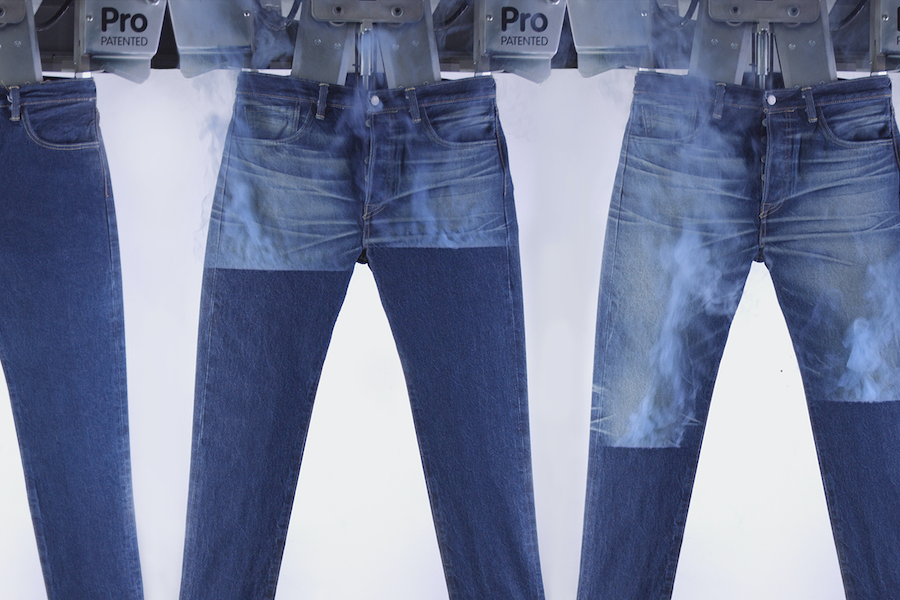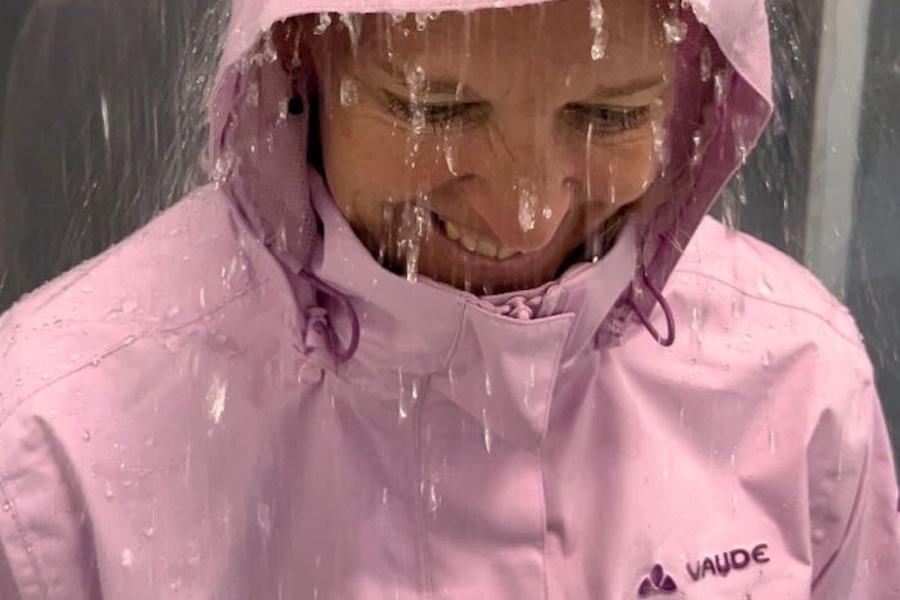#Sustainability
Top fashion CEOs called out for being ‘woven in’ with fossil fuels
• Twenty of the world’s top fashion CEOs have been confronted today for their growing addiction to fossil fuels through synthetic fibres, such as polyester;
• Up to 90 percent of some collections produced from fossil fuels;
• Synthetic fibres represent over two-thirds (69 percent) of all materials used in textiles
• More oil used in fashion than the annual consumption of Spain
• Fashion produces the same emissions as 180 coal-fired power plants;
• Brands such as Nike, Primark and Zara are using 10 million gallons of oil a year to produce their garments;
• Changing Markets Foundation demanding a 50 percent reduction in fossil fuels used by 2030
Nike, Primark, Patagonia and ASOS are among those to be called out by Changing Markets Foundation. The foundation is demanding complete transparency on their use of fossil fuels in the next 12 months - with oil and gas most commonly being used by brands to create synthetic materials such as polyester. Changing Market’s Foundation found synthetic fibres represent over two-thirds (69 percent) of all materials used in textiles, requiring more oil than the annual consumption of Spain. This amount is expected to reach nearly three-quarters by 2030, accounting for double the annual emissions of Australia. Brands such as George at Asda, Boohoo and Zalander use a staggering 10 million gallons of oil each year to produce their garments, while most other brands fail to transparently disclose their reliance on synthetics. This is in stark contrast with sustainability pledges and commitments made by many brands such as H&M, Walmart and Marks & Spencer ahead of the climate summit. As part of its Synthetics Anonymous report, Changing Markets Foundation surveyed 46 of the top fashion houses on their use of synthetic materials. The research found some brands have reported almost 90 percent of their collection as being produced from fossil fuels.
Of the companies surveyed, not one company has made clear commitments to phase out the use of synthetic fibres from their collections.
George Harding-Rolls, Campaigns Adviser at the Changing Markets Foundation said: “The fashion industry uses a significant amount of oil and gas to produce cheap fast fashion garments, yet its addiction to fossil fuels flies under the radar.
“Each year, the production of synthetic fibres, such as polyester, produces the same amount of greenhouse gas emissions as 180 coal power plants and this is set to nearly double by 2030. These same brands will be at COP26 profiling how committed they are to stopping climate change – today we are calling out their hypocrisy.”
Cheap synthetic fibres have become the most significant driver of fast fashion’s overproduction and overconsumption. Polyester – fast fashion’s preferred fibre – costs half the price of cotton and its use has more than doubled since 2000.
As production has boomed, the average person now buys 60% more clothing items than 15 years ago and we are throwing away almost as much clothing as we produce every year.
Heavy use of plastic fibres has also seen an exponential rise in invisible microfibres, which are damaging to human and environmental health, yet this remains a persistent blind spot for the industry.
As COP26 starts, Changing Markets is increasing the pressure on these brands to see a 20 percent reduction in the use of fossil fuels by 2025 and a 50 percent reduction by 2030, warning that without significant reduction of reliance on petrochemicals, we will fail climate targets.
Changing Markets is also calling for brands to provide full, publicly accessible and transparent information on the amount of fossil fuel derived fibres they use. Consumers also need more transparency on brands’ climate commitments and how these are being achieved.
Livia Firth, Founder and Creative Director of Eco-Age said: “The research undertaken by Changing Markets has revealed the shocking extent to which fashion brands rely on fossil fuels to mass produce fashion lines at increasingly low prices. Urgent action is now needed to reduce the amount of synthetic materials being produced at this scale, and to halt the damaging effects of this practice on the natural environment. This is why we are also putting pressure on the EU to Make The Label Count in order to educate consumers on the social and environmental repercussions of their purchases.”
Maria Westerbos, Director of Plastic Soup Foundation said: "It's frightening to know that airborne microplastics from synthetic clothes get into the human body, becoming engulfed by immune cells which can cause significant inflammation. Our bodies are simply not equipped to break down these particles, so the question is: how much damage are they causing? This way, fast fashion becomes fatal fashion."
To find out more visit http://www.changingmarkets.org
















